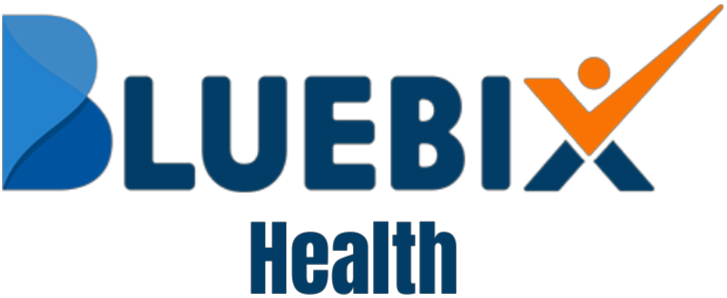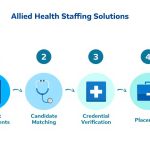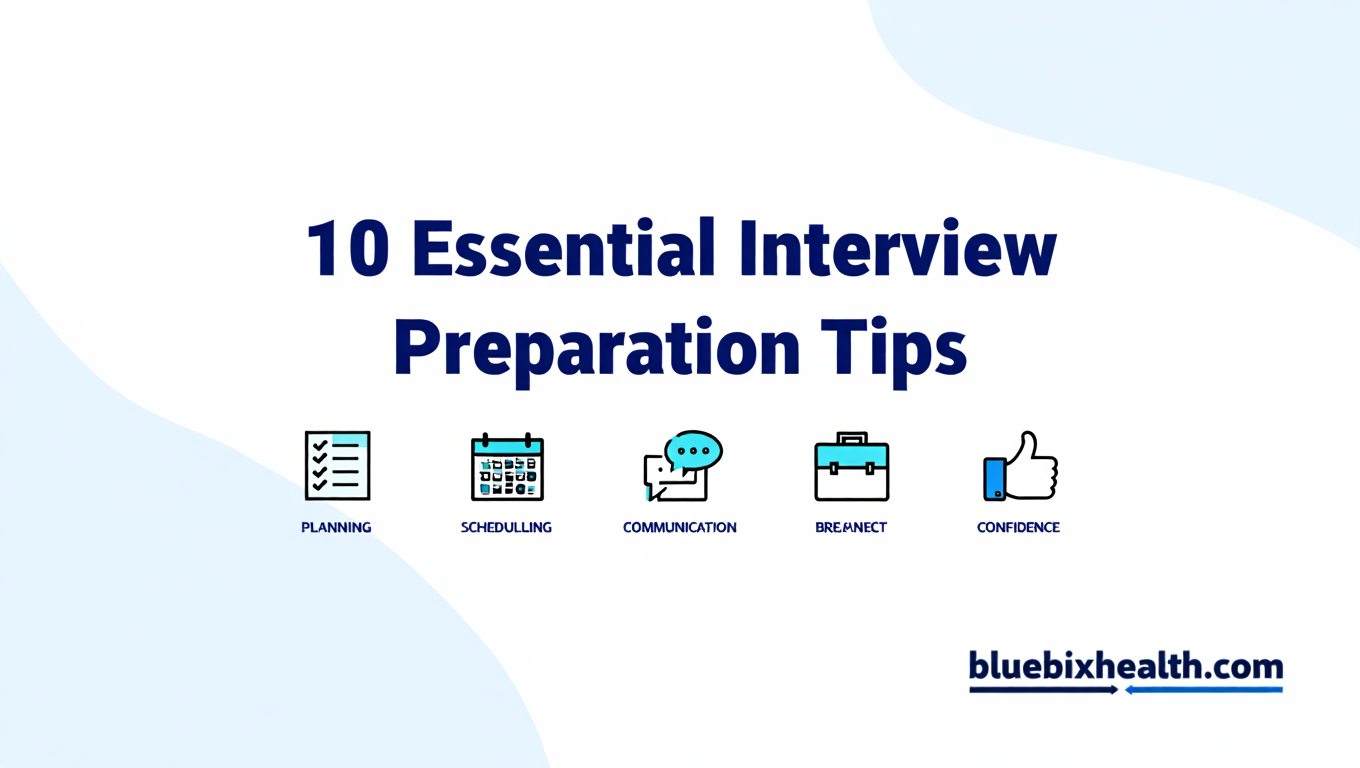
10 Essential Interview Preparation Tips
Landing a dream job doesn’t just depend on your resume; it depends on how well you perform in the interview. Whether you’re a fresh graduate or a seasoned professional, your ability to prepare effectively can make or break your chances.
According to HR research, over 70% of hiring decisions are influenced by the candidate’s first impression within the first five minutes of the interview. This means confidence, communication, and preparation are key.
In this complete guide, we’ll uncover the 10 essential interview preparation tips every job seeker should know. From mastering your body language to answering the toughest questions 69 you’ll learn exactly how to stand out and impress any interviewer.
1. How to Prepare for an Interview Effectively
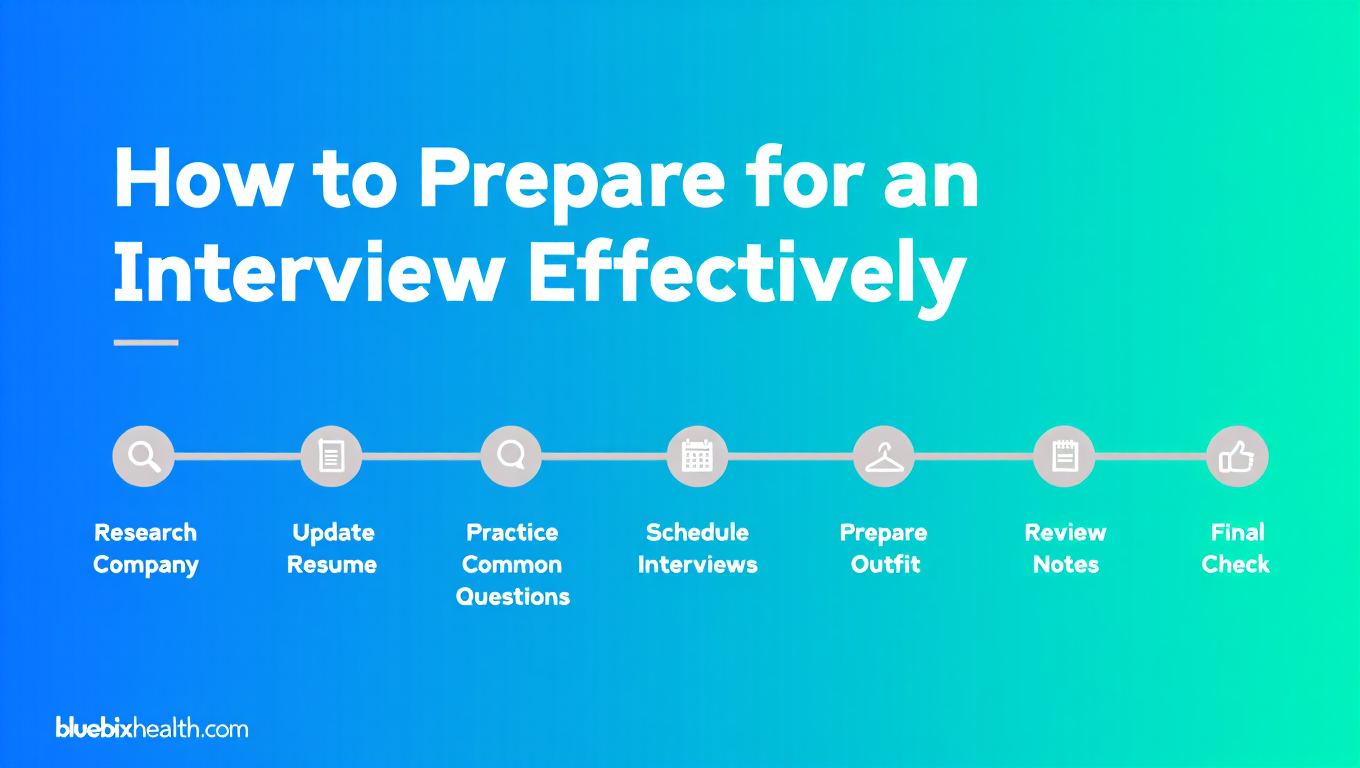
Preparing for an interview effectively involves more than just memorizing answers. It’s about strategic readiness, understanding the role, the company, and yourself.
Key Steps to Effective Preparation
- Understand the Job Description
Review the job post carefully. Highlight the required skills and experiences. Match them with your strengths and prepare examples that demonstrate them. - Review Your Resume and Achievements
Be ready to discuss every detail in your resume. Focus on achievements, not duties. Use measurable results whenever possible.
Practice Common Questions
Rehearse answers to standard questions like:
- What are your strengths and weaknesses?
- Why should we hire you?
- Where do you see yourself in 5 years?
- Prepare STAR Stories
Organize your answers clearly with the STAR method: Situation, Task, Action, and Result. This helps demonstrate your problem-solving and results-driven mindset.
It’s safer to appear more professional than to come across as too casual
2. Do Mock Interviews
Record yourself or practice with a friend. Notice your tone, clarity, and expressions.
Pro Tip: Confidence comes from preparation. Regular practice helps your answers flow more naturally during interviews
2. Interview Success Starts Here: How to Research a Company the Right Way
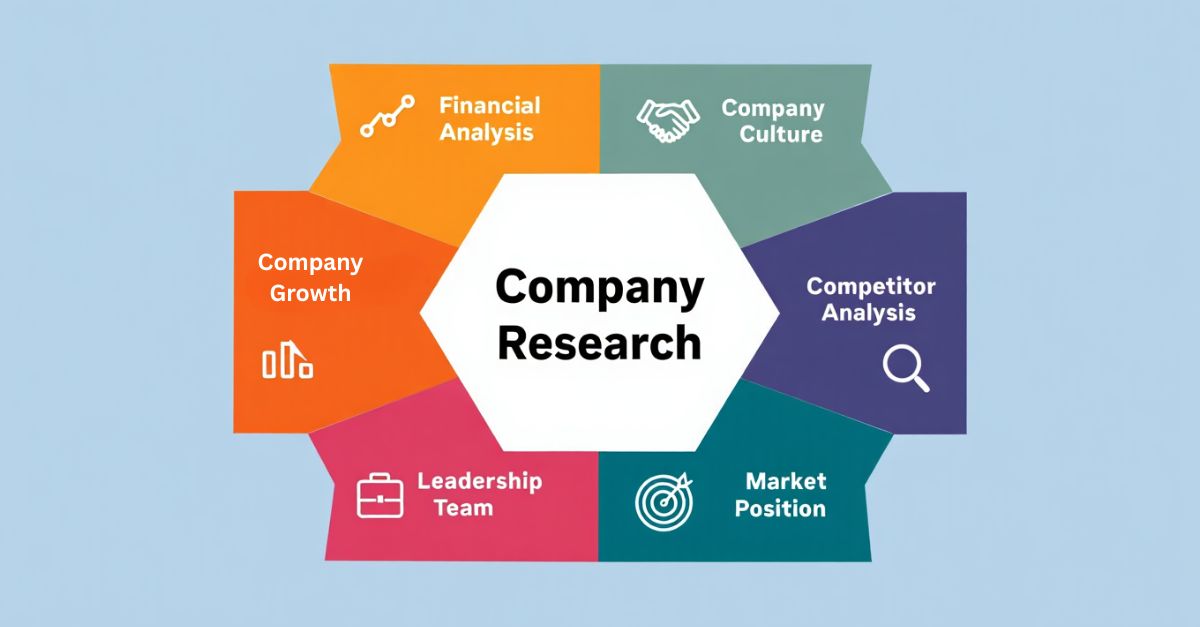
Employers expect candidates to know their business. Doing your homework shows initiative and genuine interest.
Steps to Research a Company
- Visit their official website: Learn about their mission, vision, products, and culture.
- Read recent news or press releases: Stay informed about their achievements or challenges.
- Check LinkedIn: See the interviewer’s background and company posts.
- Understand their competitors: This helps you discuss industry insights during the interview.
What to Focus On
- Company culture
- Growth opportunities
- Key executives
- Core values
Pro Tip: End your research by identifying how your skills align with their goals. This makes your answers more tailored and impressive.
3. Dressing Professionally for 10 Essential Interview Preparation Tips
Your attire speaks before you do. Dressing appropriately demonstrates professionalism and respect.
Professional Dressing Tips
- Corporate roles: Stick to formal wear, suits, ties, or blazers.
- Healthcare or staffing roles: Smart casual or scrubs (if relevant).
- Creative fields: Business casual works best.
- Virtual interviews: Dress fully, not just from the waist up. You never know when you’ll need to stand!
Grooming and Presentation
- Keep nails clean and hair neat.
- Avoid strong perfumes.
- Choose neutral colors over bright ones.
Pro Tip: When in doubt, slightly overdress. It’s always better to look too professional than too casual.
4. Best Body Language Tips for Interviews
Body language communicates confidence, sincerity, and enthusiasm.
Positive Body Language Tips
- Smile naturally, it shows warmth.
- Maintain eye contact (without staring).
- Sit upright with an open posture.
- Use hand gestures moderately to emphasize points.
- Nod occasionally to show engagement.
What to Avoid
- Crossing arms
- Fidgeting or tapping
- Avoiding eye contact
Pro Tip: Mirror the interviewer’s tone and body language subtly. It helps build subconscious rapport.
5. The Best Way to Answer Tell Me About Yourself in an Interview
This question often sets the tone of your entire interview. Keep your response structured, professional, and brief.
Formula to Answer
Present → Past → Future
- Present: What you do now and your core skills.
- Past: Relevant experiences or achievements.
- Future: Why you’re excited about this opportunity?
Example Answer:
I’m a registered nurse with 5 years of experience in patient care and healthcare staffing. In my previous role, I led a team that improved patient satisfaction scores by 25%. I’m now excited to join a company like yours that values innovation in healthcare staffing.
Pro Tip: Tailor your answer to the company’s needs, not just your history.
6. Common Interview Mistakes to Avoid
Highly qualified applicants sometimes lose out on jobs due to avoidable mistakes.
Top Mistakes
- Arriving late or unprepared
- Talking negatively about past employers
- Giving vague answers
- Interrupting the interviewer
- Forgetting to ask questions
- Failing to send a follow-up
Pro Tip: Treat every interview as a two-way conversation, not an interrogation.
7. Questions to Ask in an Interview
Interviewers appreciate it when candidates ask thoughtful questions. It shows curiosity and confidence.
Smart Questions to Ask
- How do you measure success in this role?
- What qualities do your top employees share?
- Would you mind describing the team I’ll be working alongside?
- What are the next steps in the hiring process?
- How does the company support career development?
Pro Tip: Avoid questions about salary or time off in the first interview.
8. Tips for Virtual or Online Interviews
Virtual interviews have become standard practice, but they demand a unique approach to preparation.
Checklist for Virtual Success
- Test your internet, camera, and microphone.
- Choose a quiet, well-lit space.
- Maintain good posture and look at the camera.
- Keep your resume and notes visible.
- Eliminate distractions, silence notifications.
Pro Tip: Log in 10 minutes early and greet the interviewer warmly, just as you would in person.
9. How to Follow Up After an Interview
Following up demonstrates professionalism and interest.
Steps to Follow Up Properly
Reaching out after an interview is a professional courtesy that shows gratitude, enthusiasm, and continued interest in the position. Many candidates overlook this step, but a well-timed follow-up can leave a lasting impression and even strengthen your chances of being selected.
Proper Steps to Follow Up Professionally
- Send a Thank-You Email Within 24 Hours
After your interview, take the time to send a brief thank-you message to your interviewer within one day. This demonstrates your respect for their time and reinforces your enthusiasm for the role.
Sample Thank-You Message:
I sincerely appreciate the opportunity to speak with you today. It was great learning more about the team and the company’s goals. I’m very excited about the chance to bring my skills to your organization and contribute to its future success.
- Keep Your Message Short and Personal
Write a concise, genuine note that reflects your appreciation. Personalize it by mentioning something specific discussed during the interview, it shows you were engaged and attentive.
- Reiterate Your Interest in the Role
Briefly highlight your excitement about the position and confidence that your background aligns with the company’s needs. This helps reinforce your suitability and keeps you fresh in the interviewer’s mind.
- Be Patient but Polite
If you haven’t heard back within a week or two, it’s okay to send a short, polite follow-up email asking about the hiring timeline. This demonstrates persistence and professionalism without sounding pushy.
10. Confidence-Building Tips for Successful Interviews
Confidence is the most attractive quality in any candidate, and it’s built through preparation.
Ways to Build Confidence
- Visualize success before entering the interview.
- Practice deep breathing to stay calm.
- Remind yourself of your strengths and achievements.
- Maintain positive posture.
- Remember: the interview is a conversation, not a test.
Pro Tip: Confidence is contagious. When you believe in yourself, your interviewer will too.
Bonus Section: What to Do the Night Before Your Interview
Your Night-Before Checklist
- Review your notes and resume once.
- Prepare your outfit.
- Get a good night’s sleep.
- Plan your route or test your internet setup.
- Visualize yourself succeeding.
Pro Tip: Avoid over-preparing at night. Instead, focus on staying calm and well-rested.
FAQs About Interview Preparation
Q1: What are the best tips to prepare for a job interview?
The best tips include researching the company, practicing answers, preparing STAR examples, and dressing professionally.
Q2: How can I impress an interviewer in the first 5 minutes?
Smile, offer a firm handshake, make eye contact, and express enthusiasm. Show confidence and curiosity.
Q3: How to mentally prepare for an important interview?
Visualize success, practice deep breathing, and focus on positive self-talk.
Q4: What to do the night before your interview?
Prepare your outfit, sleep early, and review your key talking points briefly.
Q5: What are the top 10 interview preparation strategies for job seekers?
Follow the 10 essential tips outlined in this guide, from preparation and research to follow-up and confidence building.
Conclusion
Preparation is the foundation of interview success. Whether it’s your first job or your next big career move, following these 10 essential interview preparation tips will help you stand out, communicate clearly, and leave a lasting impression.
At Bluebixhealth, we believe that every professional deserves the opportunity to shine. By combining confidence, preparation, and passion, you can transform any interview into a success story.
